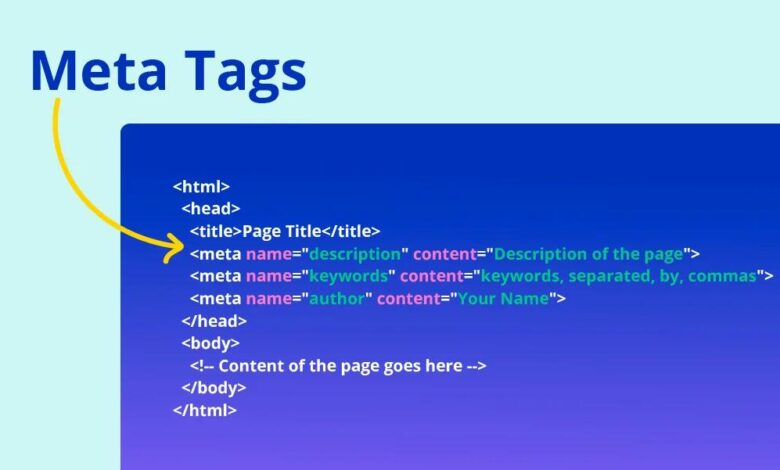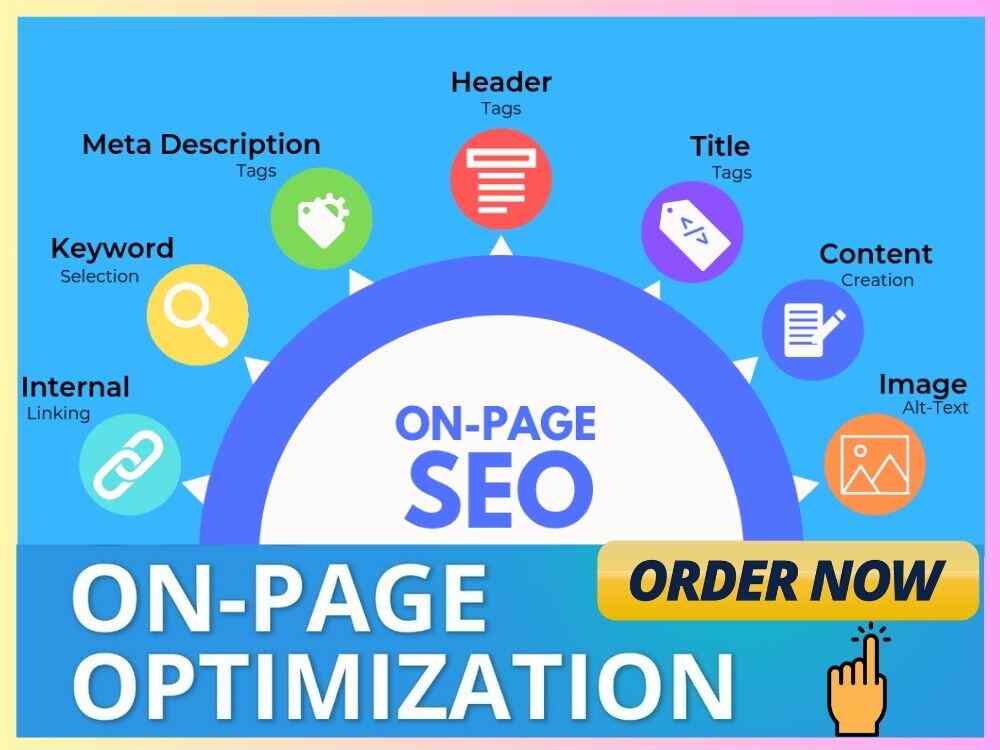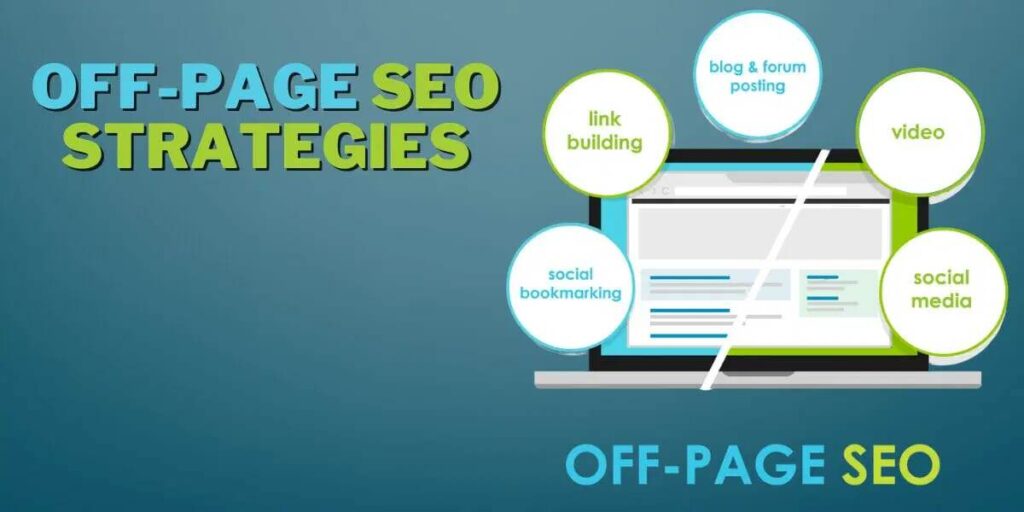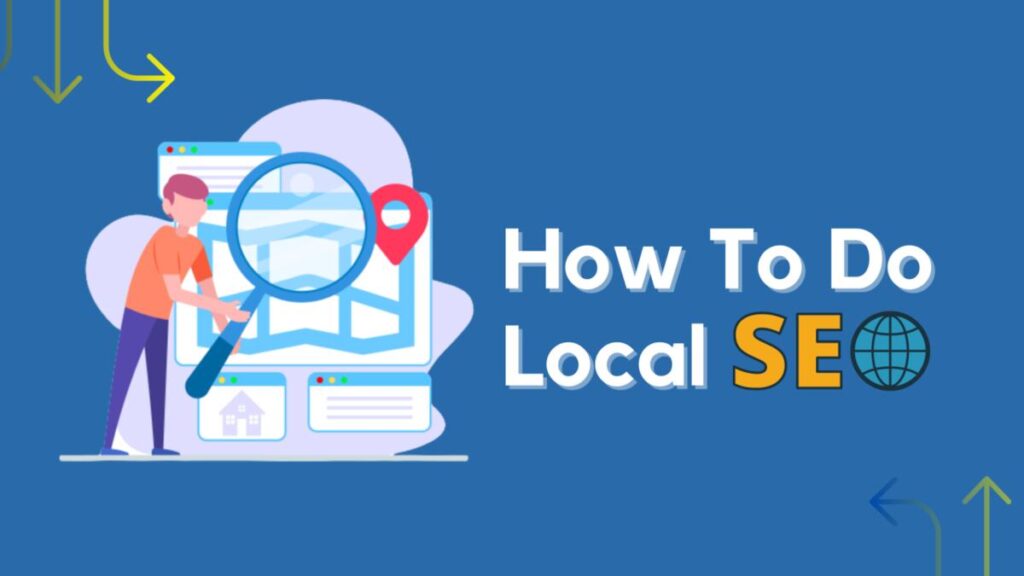Meta Tag Checker: Sophisticated Techniques Google Ranking
Meta Tag Checker

Meta Tag Checker In the fast-paced digital landscape, achieving a high ranking on Google has become essential for businesses seeking to gain visibility, drive traffic, and increase conversions. As search engine algorithms continue to evolve, so do the strategies needed to stay ahead of the competition. This comprehensive guide dives deep into advanced SEO techniques that can help you dominate search results, ensuring that your website stands out in a crowded online space.
Understanding the Core of SEO Meta Tag Checker
Before delving into advanced strategies, it’s crucial to grasp the foundational aspects of SEO. At its core, SEO is about enhancing the quality and quantity of website traffic by improving the visibility of a website or a web page to users of a web search engine. Meta Tag Checker his involves various elements, including keyword optimization, on-page and off-page SEO, and technical SEO.
Keyword Research: The Backbone of SEO
Identifying the right keywords requires a deep understanding of your audience’s search behavior. Meta Tag Checker Tools like Google Keyword Planner, SEMrush, and Ahrefs can be invaluable in uncovering high-volume, low-competition keywords that can drive targeted traffic to your site.
Long-tail keywords are particularly important, as they tend to have lower competition and can attract more qualified traffic. Incorporating these keywords naturally into your content is vital for maintaining readability while also signaling relevance to search engines.
On-Page SEO: Optimizing Content for Search Engines Meta Tag Checker

The process of optimizing individual web pages to rank better and attract more relevant traffic from search engines is known as “on-page SEO.” This covers the HTML source code as well as the page’s content.
Crafting High-Quality Content Meta Tag Checker
Content is king in the world of SEO. To rank well, your content must be not only informative and engaging but also comprehensive. Google’s algorithms favor content that thoroughly covers a topic, providing value to the reader. This means going beyond the basics and offering in-depth insights, expert opinions, and actionable advice.
Optimizing Title Tags and Meta Descriptions
The title tag should be concise, descriptive, and include your target keyword. It serves as the first impression potential visitors get from your page on the search engine results page (SERP).
Meta descriptions, while not a direct ranking factor, can significantly impact your click-through rate (CTR). A well-crafted meta description that clearly conveys the value of your content can entice users to click on your link over others.
Proper Use of Header Tags Meta Tag Checker
Header tags (H1, H2, H3, etc.) structure your content, making it easier for both users and search engines to navigate. Your H1 tag should include the main keyword, and subsequent headers (H2, H3) should be used to organize subtopics logically.
Image Optimization
Images can enhance user experience and break up text, making your content more engaging. However, they must be optimized to avoid slowing down your website. Meta Tag Checker Use descriptive filenames, include alt text that incorporates your keywords, and compress images to reduce file size.
Technical SEO: The Backbone of a Strong Website

Technical SEO involves optimizing the infrastructure of your website, making it easier for search engines to crawl and index your content.
Improving Site Speed Meta Tag Checker
Site speed is a critical ranking factor. Slow-loading websites can lead to higher bounce rates, which negatively impacts your SEO. Tools like Google PageSpeed Insights can help identify areas where your site can be sped up. Consider implementing strategies such as caching, compressing images, and minifying CSS and JavaScript.
Mobile Optimization Meta Tag Checker
Ensure that your website is responsive, with a design that adapts to different screen sizes, and that it offers a seamless user experience on mobile devices.
Structured Data and Schema Markup
Structured data and schema markup help search engines understand the content on your site and can improve how your site appears in SERPs. By adding schema markup, you can enhance your listings with rich snippets, such as star ratings, product information, and event details, which can improve your CTR.
Off-Page SEO: Building Authority and Trust Meta Tag Checker

Off-page SEO refers to actions taken outside of your website that impact your rankings within search engine results pages.
Building High-Quality Backlinks
Not all backlinks are created equal. Backlinks from reputable, high-authority websites can significantly boost your rankings. Focus on acquiring backlinks from sites within your industry, as these are seen as more relevant by search engines.
Strategies for building high-quality backlinks include guest blogging, collaborating with influencers, and creating shareable content that naturally attracts links. Additionally, keep an eye on your competitors’ backlinks and identify opportunities to gain links from the same sources.
Social Media Signals Meta Tag Checker
While social media links aren’t a direct ranking factor, there’s evidence that social signals can influence your SEO. Being active on social media helps increase brand awareness and can lead to more organic backlinks. Share your content across social platforms, engage with your audience, and encourage them to share your content.
Local SEO: Targeting Local Audiences

If your business has a physical location or serves a specific geographic area, local SEO is crucial. Optimizing your online presence to draw in more business from relevant local searches is the main goal of local SEO.
Google My Business Optimization Meta Tag Checker
Claiming and optimizing your Google My Business (GMB) listing is one of the most important local SEO steps. Ensure your GMB profile is complete with up-to-date information, including your business name, address, phone number, and hours of operation. Encourage satisfied customers to leave positive reviews, as these can improve your local ranking.
Local Citations and Listings Meta Tag Checker
Consistent business information across all online directories and local listings (such as Yelp, Yellow Pages, and Bing Places) is critical for local SEO. Ensure your NAP (Name, Address, Phone number) is identical across all platforms to avoid confusion and improve your local search rankings.
Conclusion: Monitoring and Optimization
Use tools like Google Analytics, Search Console, and SEMrush to track your performance and identify areas for improvement. Regularly update your content, audit your site for technical issues, and stay informed about algorithm updates to maintain your rankings.
Visit Here: Advanced Affiliate Marketing Strategies

